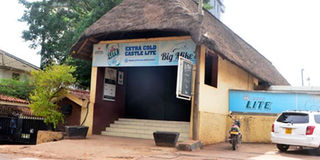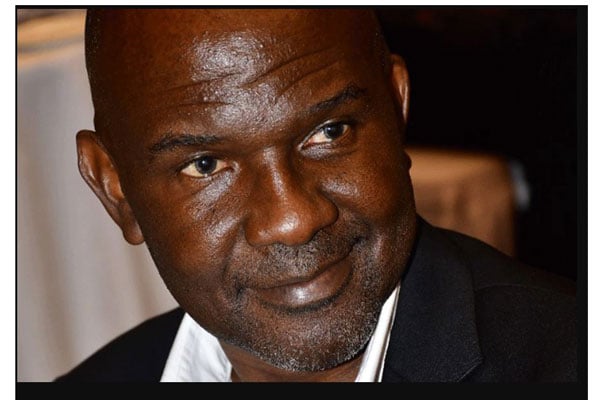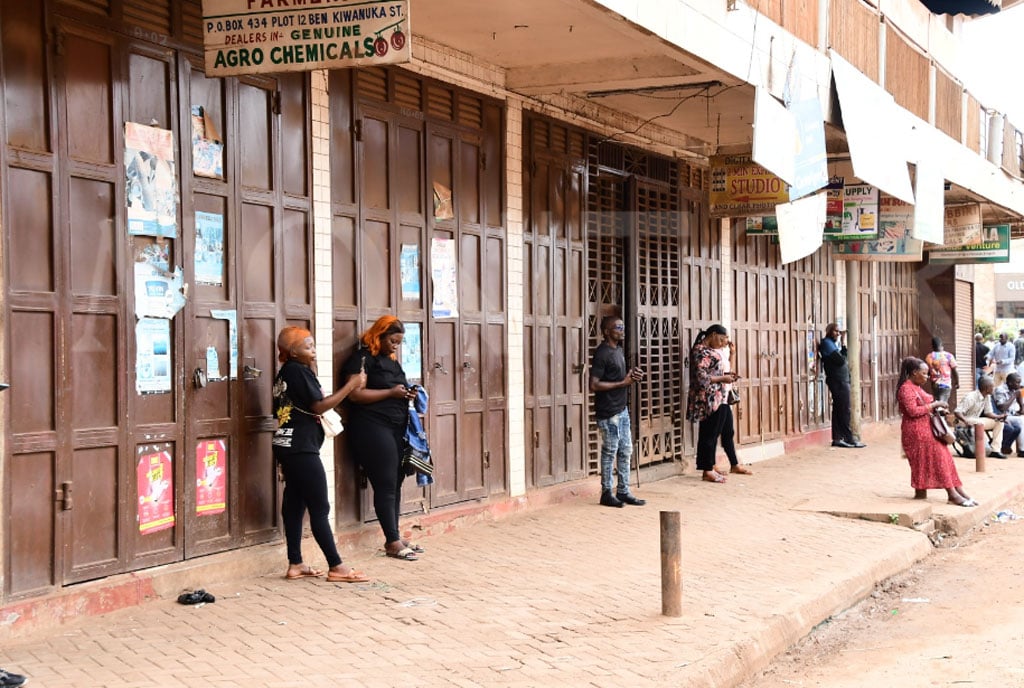Regulating noise should be a priority

Closed. Latin Events Limited trading as Big Mikes on Plot, 19 Acacia Avenue in Kampala.
Daily Monitor on Friday reported that residents of Kololo in Kampala have petitioned court over noise emanating from bars, churches and other places in different areas of the upscale suburb.
To satirise the issue, Daily Monitor’s “The Lizard” on the day retorted: “Those in Kireka are used to these things”. Kireka is a lively township in Wakiso District, located about 10 kilometres on the Kampala-Jinja highway.
Whoever wrote “The Lizard” on the day must have experienced first-hand bars, churches and other “happening” places freely blast music and make other manner of noise nearly throughout the night.
And nearly everyone from anywhere in and around Kampala, and indeed other parts of Uganda, will say almost as much.
The point being made here is that Ugandans are now used to noise, excessive noise, and those who make the noise usually don’t have a care in the world about who they may inconvenience.
It is important to note that as all this happens, rules regarding what levels of noise have to be observed and which areas have to be noise-free at what times are in place. The National Environment Management Authority (Nema) and urban authorities, together with Kampala Capital City Authority (KCCA), are charged with regulating noise levels.
In particular, residential areas have to be noise-free beyond 9pm or 10pm when people are expected to be resting, and discotheques that produce high levels of noise well into the dead of night are supposed to be fitted with noise proofing. Churches that conduct overnight services that result in high levels of noise are likewise expected to have noise proofing.
More often than not, these rules are not followed, leading to immense noise being emitted in residential areas deep into the night, leading to conflicts between the institutions that produce the noise and the affected communities.
Empowered communities like that in Kololo can appeal to the courts of law as they have done. Many other individuals and societies, however, are unable to act in such ways.
It is left to the regulatory bodies to protect most Ugandans from excessive noise pollution, but quite often such help has not been forthcoming. The reason for inaction may be that a certain institution belongs to some individual too powerful to be “touched”, and in some cases the responsible authorities are perhaps bribed into silence.
The decision for the residents of Kololo to sue the noise polluters is therefore most commendable, if for nothing to at least bring this conversation at the high table. It will hopefully result in decisive action against noise pollution.




